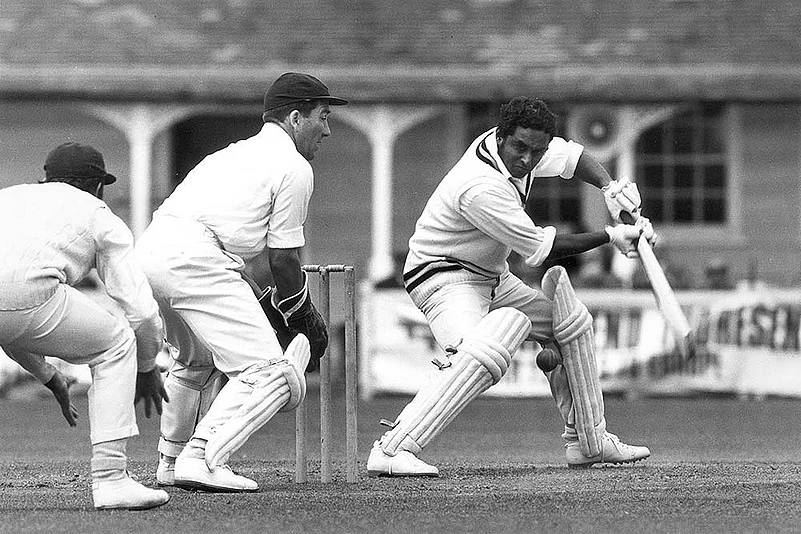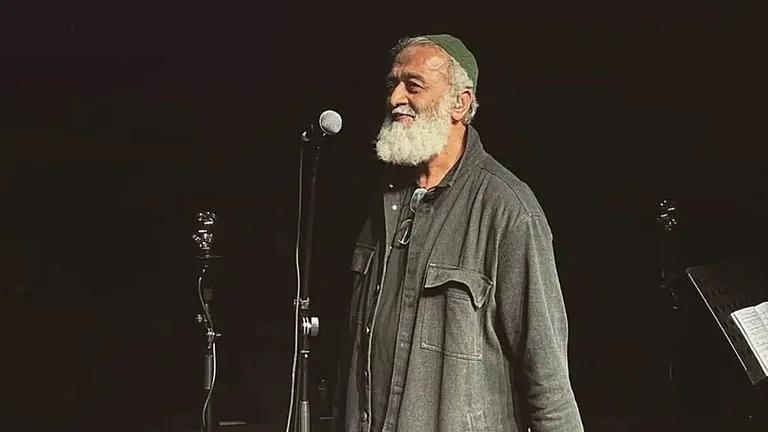I once asked the legendary Tiger Pataudi if he always got the team he wanted. “I got my eleven; the reserves were sometimes so-and-so’s cousin or that other one’s nephew,” he said. So, even in the 1960s, the squad was a mixture of merit and compromise. The proportions have steadily changed since. “Seventy years after Independence, we could well argue that cricket is one of the few largely meritocratic activities in the country,” says Sardesai, and he is right; it is an important transformation.
No cricket eleven, whether chosen by professional selectors (and remember, in their case, selection precedes performance) or cricket lovers is guaranteed to be universally acceptable. It might seem churlish, therefore, to criticise a purely personal choice, but Democracy’s XI is a team with only two bowlers, so it cannot, in all fairness, actually take the field. If the intent was to represent Indian democracy, then others might have fit the bill too and made for greater balance. Players from outside the urban milieu, for example (Munaf Patel, Piyush Chawla), or from Christian backgrounds (Chandu Borde, Roger Binny). Or the sons of groundsmen, coal-haulers, labourers who made it big.
As a compilation of the tales of popular players from similar backgrounds (except for M.S. Dhoni at one end of the scale and the Nawab of Pataudi at the other), it suffers from familiarity. The stories are well known, the statistics even more so. Sardesai has got around this to some extent by dipping into his bag of interviews, both formal and informal.
The nepotism—the first player in the list is the author’s father—can be ignored. Dilip Sardesai was not a great, but a significant, player. And that is an important distinction when mini-portraits are used to demonstrate a larger point. The shoddy editing begins here. Dilip Sardesai “hadn’t even played for the Mumbai state team but was now representing the country,” it says. Actually, Sardesai had played four matches for Bombay before making his Test debut.
Some players in the list are great, others are significant, and a few are both. Rahul Dravid was a great player, but how significant was he? Sourav Ganguly, short of greatness, was, however, significant. First, as a leading player from the much-ignored East, then as captain who guided his team through the choppy waters of match-fixing, and finally, as one who encouraged players from non-traditional centres. The book’s premise is fascinating. As the author says, “There is a democratic fervour that makes cricket the ultimate authentic Indian dream...this book is a journey to discover and relive that great Indian story through the prism of cricket and...of cricketers who in their unique way represent the universal and pluralistic appeal of the sport....”
But like another book which began with a fascinating theme: “Cricket is an Indian game accidentally invented by the English” (Ashish Nandy’s The Tao of Cricket), Democracy’s XI, although a good read, doesn’t fully deliver on that initial promise, possibly because the cricket and the politics do not unfold at the same pace. Sardesai is well placed to write a book of this nature. First, there is his sheer passion for cricket. As a political animal and a former first-class cricketer, he is ever conscious of the big picture.
Each essay, taken separately, works (despite irritants such as V.V.S. Laxman’s 281 at the Eden appearing as 287). They come alive when the author’s personal experiences feed into the narrative. Sardesai’s relationship with the chosen—both professional and personal—and the fact that they are undoubtedly some of the most popular players to have worn India colours might have tempted him to stick with a select group to burnish his thesis. More than the political connections—he says at one point, “Perhaps Dravid’s decision to quit the captaincy could have been emulated around the same time” by Manmohan Singh—it is the passing comment that grabs you. “Could an iconic champion who has the capacity to change the lives of millions perhaps show a greater philanthropic zeal?” he asks of Sachin Tendulkar, “Or does (he) remain trapped in his own celebrityhood and the whirl of commerce?”
Nor does Sardesai shy away from discussing Mohammad Azharuddin’s alleged involvement in match-fixing or Dhoni’s profitable friendship with the former cricket board chief, N. Srinivasan. In such passages, the hard-nosed journalist takes over. The canvas may be too ambitious; but Democracy’s XI succeeds as a personal tribute to some of India’s greatest, by a writer who had a front row seat to their exploits both as fan and commentator.
(Suresh Menon is editor, Wisden India Almanack)


























